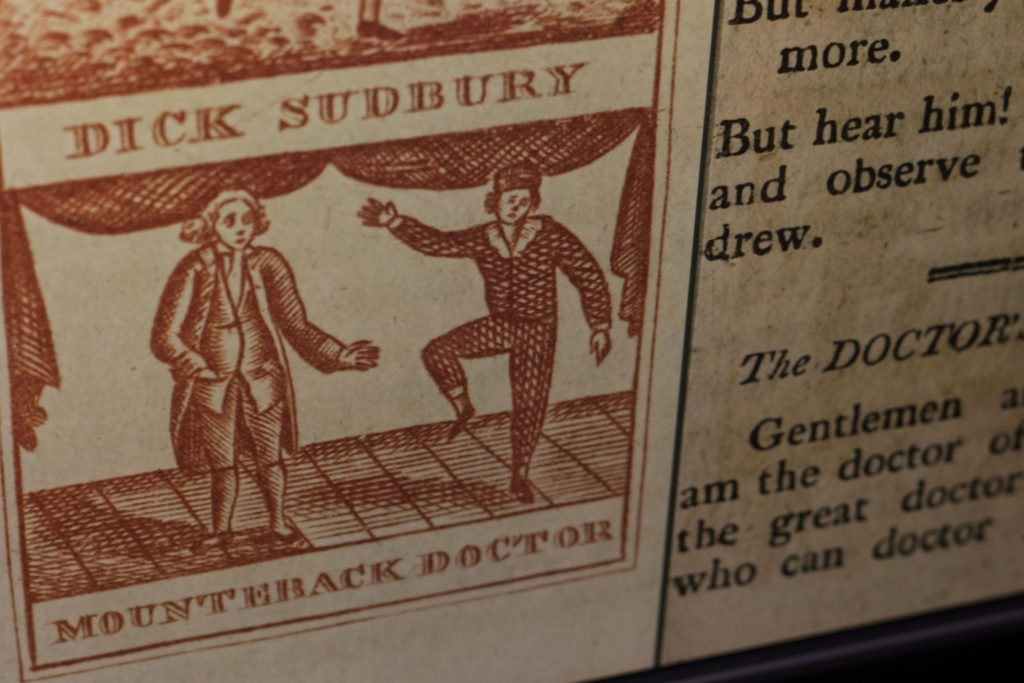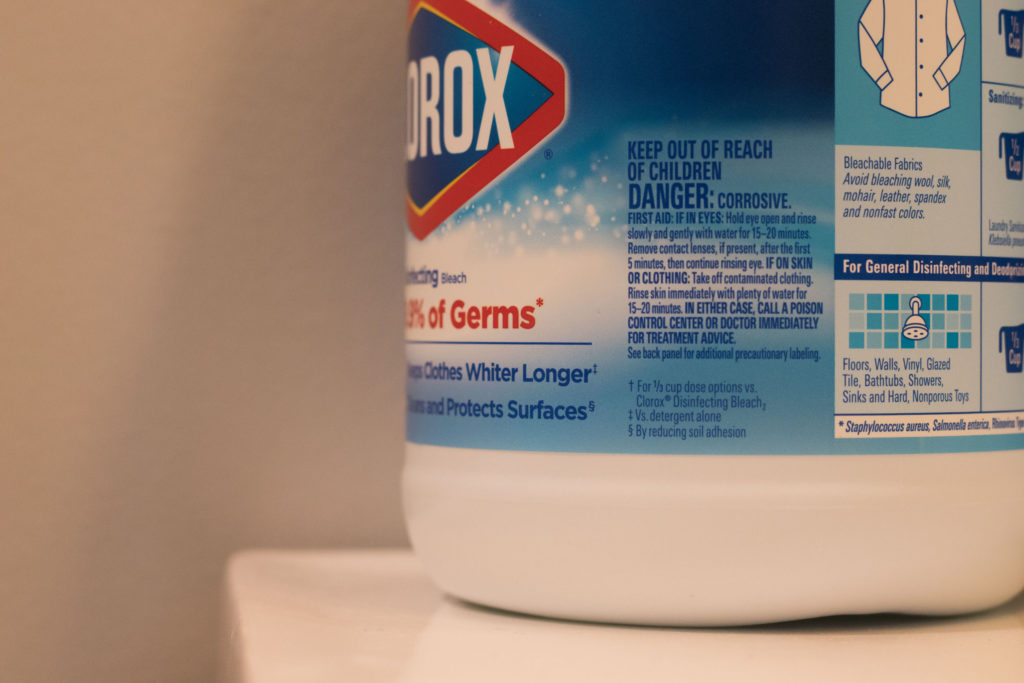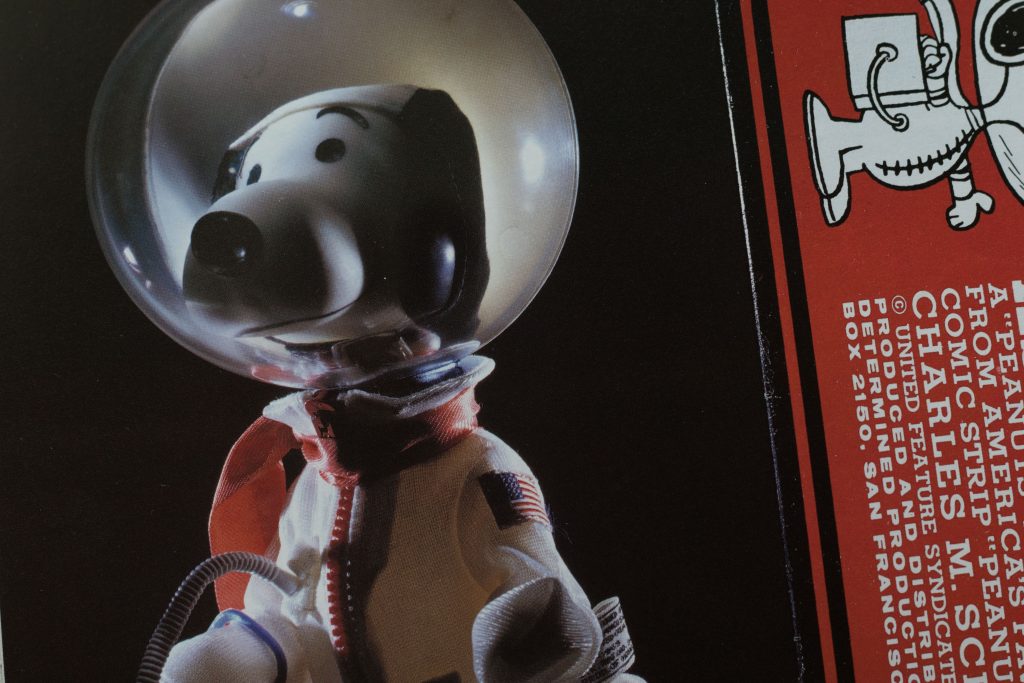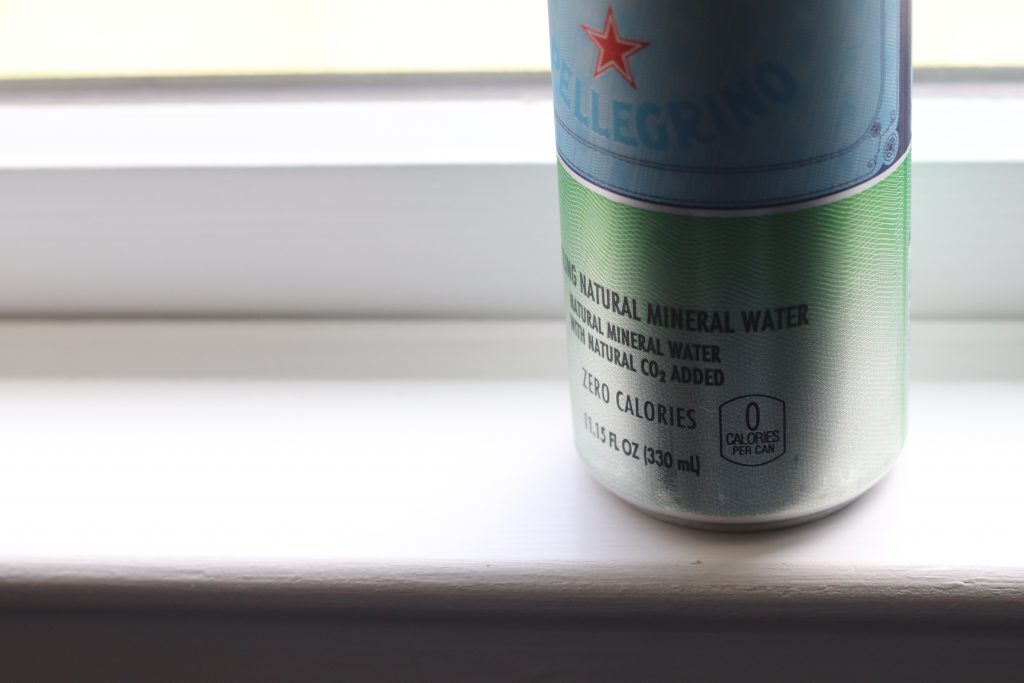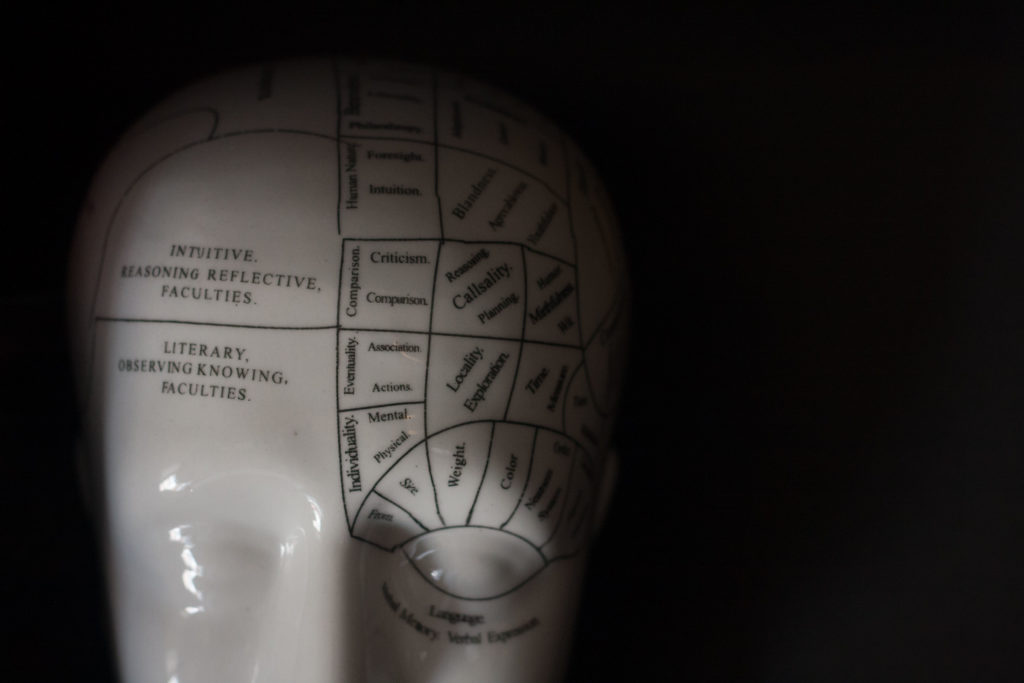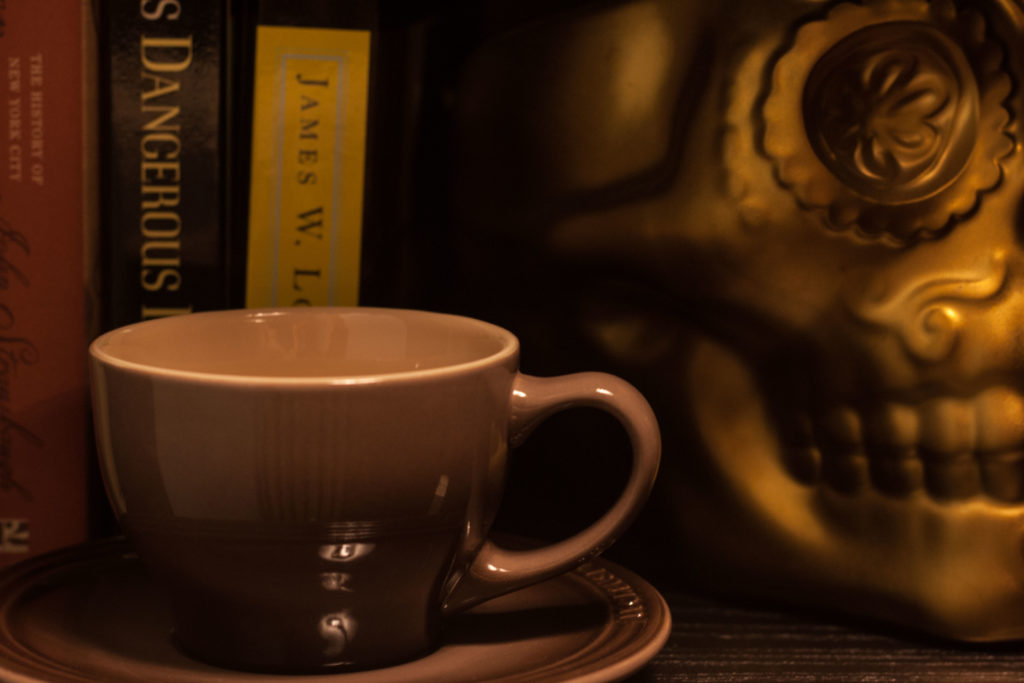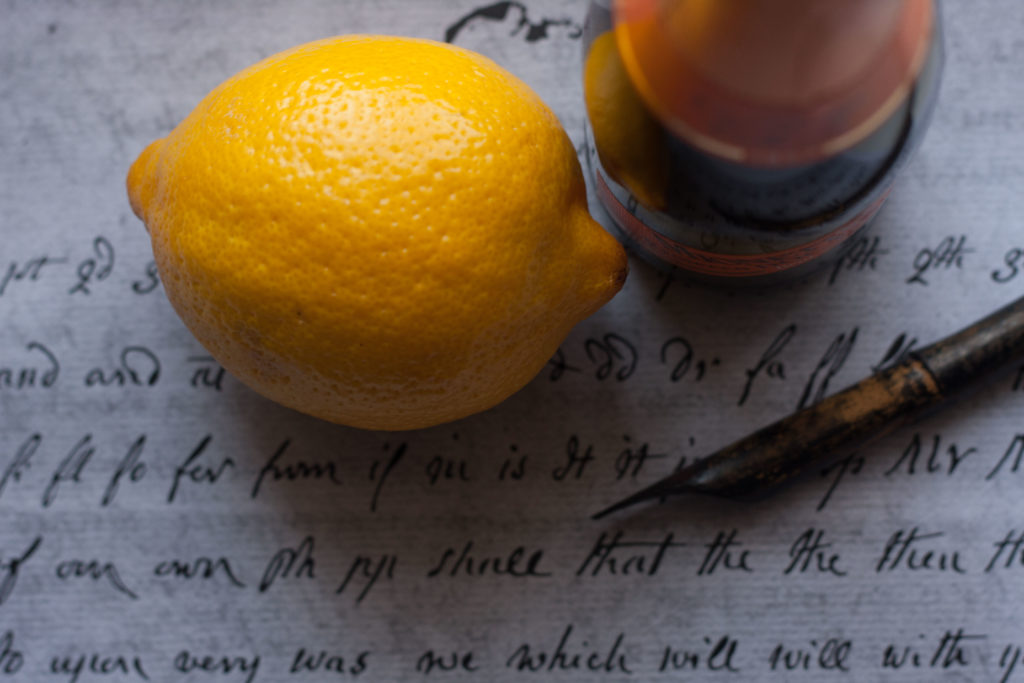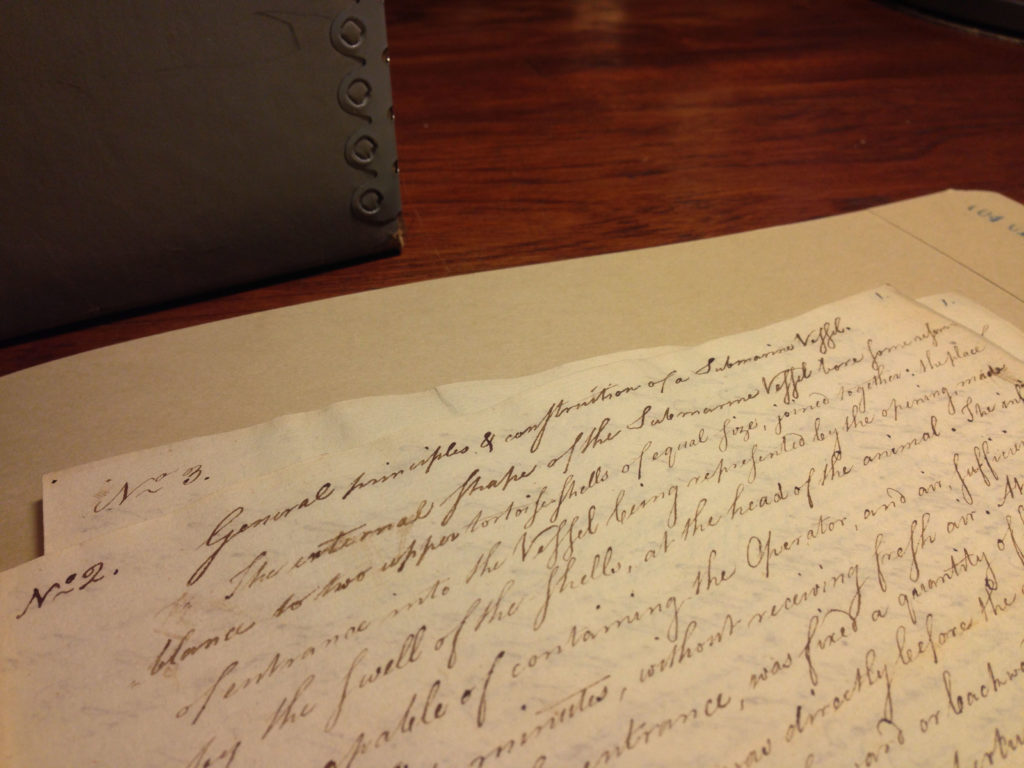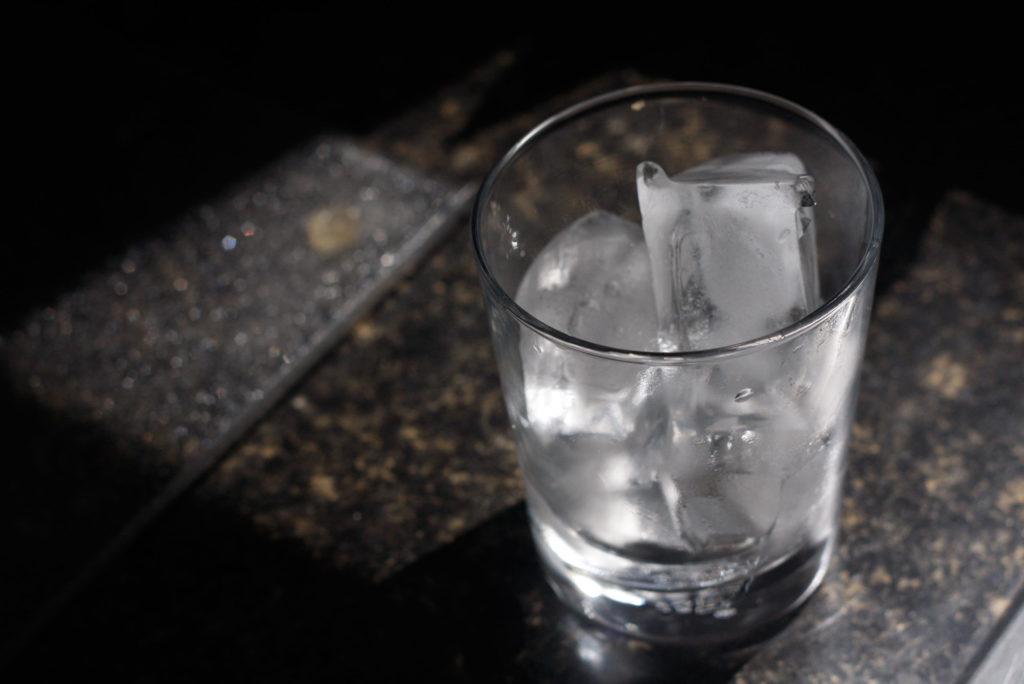Have a drink with: The 1919 Anti-Mask League
NO BARS, okay? NO.
Ask them about: Coughing in large groups
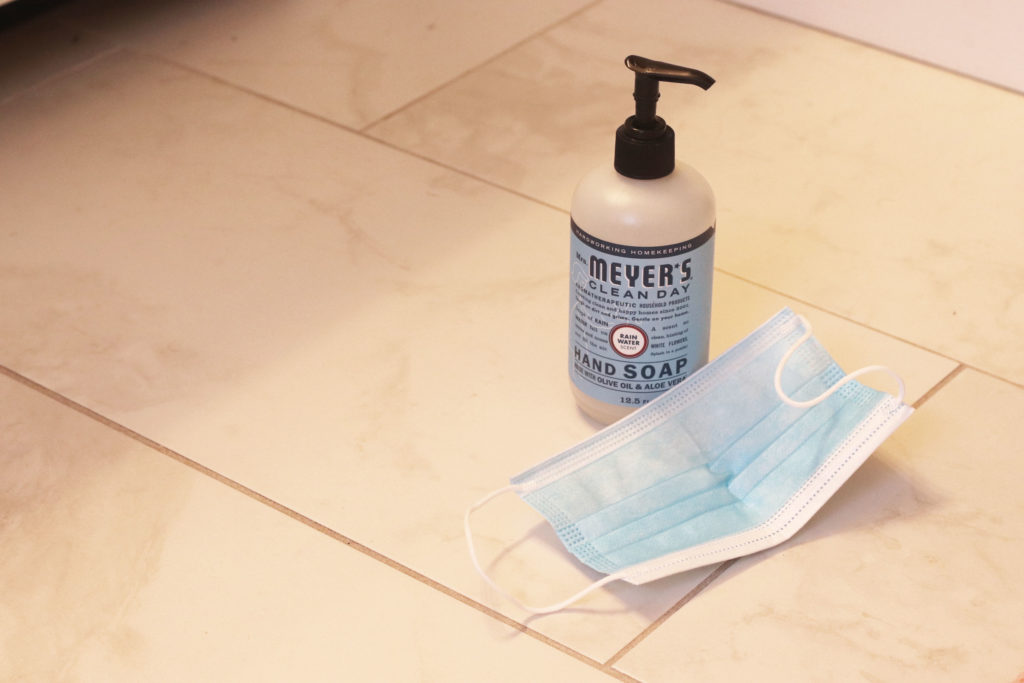
Since COVID-19 became a public health emergency in March, different cities and states have responded with protective measures, many of them including a recommendation or a requirement to wear a mask when in proximity to other people. These mandates have drawn protest from opponents, many of whom feel that masks are unnecessary, ineffective or a violation of individual rights. We can take a lesson from the influenza epidemic of 1918-1919, during which relaxed mask requirements may well have contributed to a resurgence of the virus in the San Francisco area after an initially successful lockdown period.
During the 1918-1919 flu, many Americans were big fans of masks – Red Cross workers made sure they were making and distributing tons, the Levi Strauss company went from making jeans to mask production, and as Atlas Obscura has pointed out, some people even masked their pets. But the flu roared back after an initial lull in illness, and a portion of Bay Area residents were not at all eager to mask back up. In language that could well have come from modern news reports, anti-maskers complained about masks being useless, about “political doctors,” and about “an infringement of our personal liberty.” In January 1919, a crowd of more than four thousand people gathered at a local rink to protest the passage of the city’s mask ordinance.
